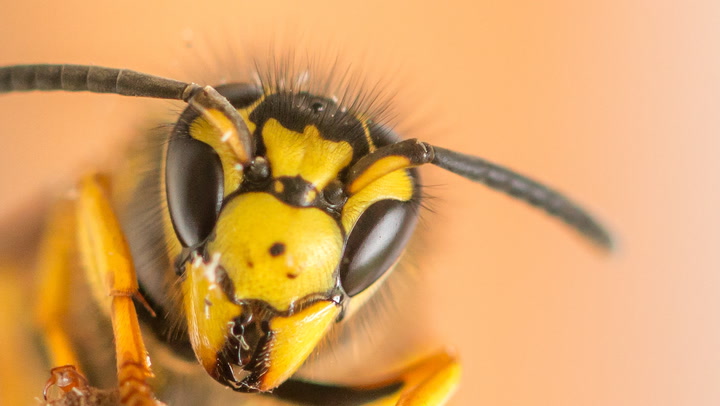Benefits of Wasps
When it comes to insects, wasps often have a bad reputation. They are commonly associated with painful stings and aggressive behavior. However, it is important to recognize that wasps play a crucial role in our ecosystem and offer several benefits that are often overlooked. In this article, we will delve into the numerous advantages of wasps and shed light on their importance in nature.
Natural Pest Control
One of the key benefits of wasps is their ability to act as natural pest controllers. Wasps feed on a variety of insects, including flies, caterpillars, and other pests that can damage crops and gardens. By preying on these pests, wasps help to keep their populations in check, reducing the need for harmful chemical pesticides.
Pollination
While bees are widely known for their role in pollination, wasps also contribute to this vital process. They visit flowers in search of nectar, inadvertently transferring pollen from one flower to another. This helps in fertilization and ensures the survival and reproduction of various plant species. Therefore, wasps play an essential role in maintaining biodiversity and the overall health of ecosystems.
Decomposition
Wasps are efficient scavengers and decomposers. They feed on dead insects, carrion, and decaying organic matter. By consuming these materials, wasps aid in the process of decomposition, which is crucial for nutrient recycling in the environment. This helps to maintain a healthy and balanced ecosystem.
Parasite Control
Some species of wasps are parasitic, meaning they lay their eggs inside other insects. These eggs hatch and the wasp larvae feed on the host, eventually killing it. While this may sound harsh, it is an effective method of controlling the population of certain pests. By targeting insects that can cause significant damage to crops or transmit diseases, parasitic wasps help to protect agricultural yields and human health.
Research and Medical Applications
Wasps have also become valuable subjects of scientific research. Their venom, though feared by many, contains compounds that have shown potential in various medical applications. Scientists are exploring the use of wasp venom in developing new drugs and treatments, including pain relief and cancer therapies. Studying wasps can provide valuable insights into their venom composition and potentially lead to significant advancements in medicine.

It is evident that wasps offer numerous benefits that are often overshadowed by their negative reputation. From natural pest control to pollination and decomposition, these insects play an integral role in maintaining the balance of our ecosystems. By understanding and appreciating the advantages of wasps, we can foster a greater respect for these remarkable creatures and their vital contributions to the natural world.
Frequently Asked Questions about the Benefits of Wasps
1. What are some benefits of wasps?
Wasps are important pollinators and natural pest controllers. They help control populations of insects such as caterpillars, flies, and aphids.
2. Do wasps play any role in ecosystem balance?
Yes, wasps play a crucial role in maintaining ecosystem balance. They control the population of pests and help prevent the spread of diseases carried by insects.
3. Can wasps help with crop protection?
Absolutely! Wasps are beneficial in agriculture as they prey on crop-damaging insects, reducing the need for chemical pesticides.
4. Are wasps important for pollination?
Yes, some species of wasps are effective pollinators. They visit flowers to feed on nectar and inadvertently transfer pollen from one flower to another.
5. Do wasps have any impact on human health?
While wasps can sting and cause discomfort, they also help control disease-carrying insects like mosquitoes, reducing the risk of certain diseases.
6. Can wasps help in controlling garden pests?
Definitely! Wasps are natural predators of many garden pests, including aphids, caterpillars, and beetles. They contribute to organic pest control.
7. Are wasps beneficial to the environment?
Yes, wasps are beneficial to the environment as they contribute to the overall health and balance of ecosystems by controlling insect populations.
8. How do wasps contribute to biodiversity?
Wasps are an essential part of biodiversity. Their presence helps maintain the diversity of insect species, which is crucial for a healthy ecosystem.
9. Can wasps help reduce the need for chemical pesticides?
Absolutely! By preying on pests, wasps can help reduce the reliance on chemical pesticides, promoting more sustainable and environmentally friendly practices.
10. Are there any economic benefits associated with wasps?
Yes, the ecological services provided by wasps, such as pest control and pollination, can have positive economic impacts on the agriculture and horticulture industries.



